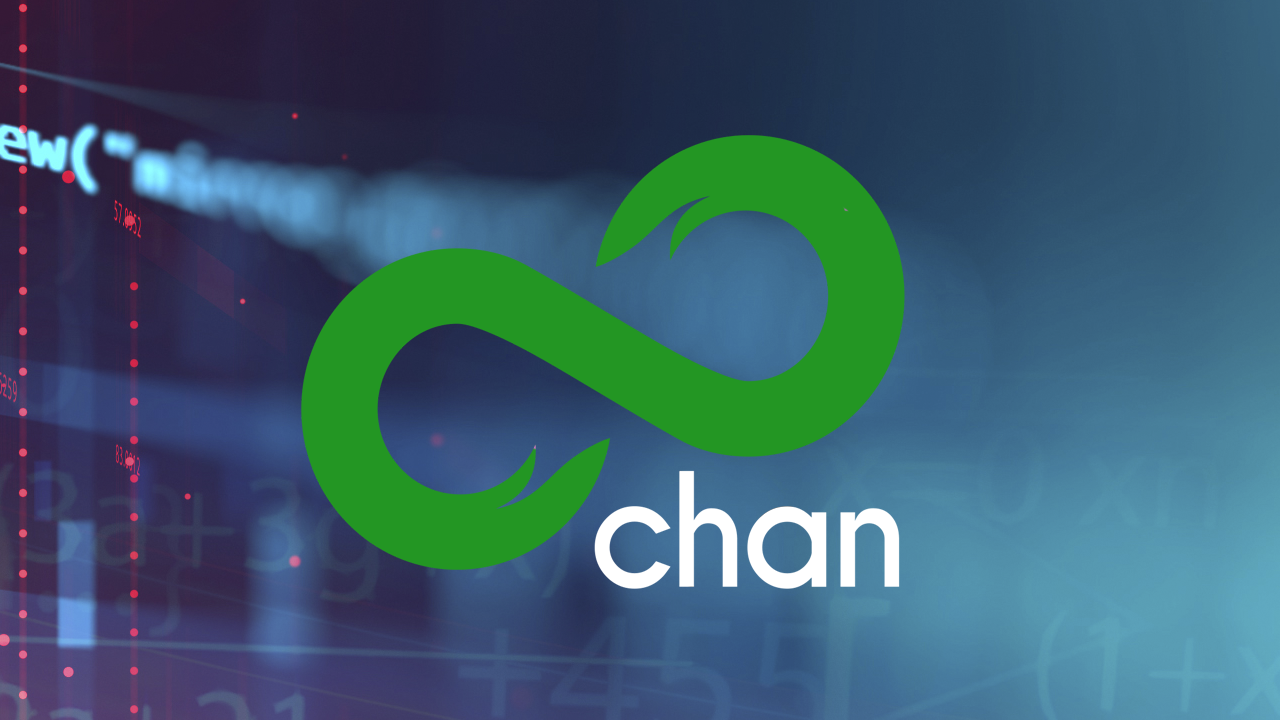Tech Tent: Taking 8chan offline
- Published

It had already become known as a hate-filled message board used to celebrate mass shootings.
Now, after the man arrested for the El Paso shootings allegedly used 8chan to post his white supremacist manifesto, service providers have said enough is enough.
On this week's Tech Tent podcast, we look at 8chan's attempts to get back online and ask whose job it should be - if anybody's - to decide which sites should be barred from the web.

8chan's notoriety has long sparked calls for it to be evicted from the web.
They grew louder after an account believed to belong to the man behind the mass killing in Christchurch, New Zealand, posted an 87-page manifesto full of invective against immigrants and Muslims.
Then last weekend, as news broke of the El Paso shootings - cheered on by some of the denizens of 8chan - the pressure on companies providing services to the site intensified.
Even the site's founder said enough was enough. Fredrick Brennan, who cut ties to 8chan in 2018, told the BBC that the current owner should pull the plug.
"I feel like this has to stop," he said.
"I feel like they are not running 8chan in a proper way... they're not trying to stop these shootings, at least they're not trying hard enough."
In a YouTube video, 8chan's current owner Jim Watkins said he worked with law enforcement and complied with the law.
But one of the service providers keeping the site online disagreed.
On Sunday, Cloudflare - which protects 8chan and thousands of other organisations from denial of service attacks - dropped 8chan. The message board quickly disappeared from the public web.
It was a rapid turnaround. Just the previous day, Cloudflare had said ending its relationship with 8chan would be "problematic".
De-platformed
In a somewhat tortured blogpost, external, Cloudflare's chief executive Matthew Prince admitted that the company felt "incredibly uncomfortable about playing the role of content arbiter".
He warned that 8chan was likely to find a way of getting back online very soon, just as the neo-Nazi site the Daily Stormer had when Cloudflare evicted it a few years ago.
So far, however, it seems the efforts of the 8chan team to find a new home have proved unsuccessful.
On Thursday, a system administrator tweeted: "8chan is still down. Our machines were DDoSed [suffered distributed denial of service attacks] one-by-one."
Later came this: "8chan is the first platform to be de-platformed. We are working hard to make sure that doesn't happen again after we come back online."
Underneath the tweets were plenty of supportive messages. Keep up the good fight, said one. It is clear that there is an audience waiting to rejoin a community which allows the sharing of hateful ideas.
But working out at what stage - if ever - such communities should be driven offline is not easy.
Poppy Gustafsson, co-CEO of the cyber-security firm Darktrace, tells Tech Tent that web service businesses find themselves facing a difficult dilemma.
"Every business has the choice of who it does or doesn't transact with... but who should be regulated in the broader internet, that shouldn't be for individual businesses to decide."
Much depends on where a site and its support services are based.
In the United States, with its First Amendment protection of free speech, there will always be a greater reluctance to shut down anything that is not illegal.
There are no global rules on what is allowed online - and many may argue that they would be a very bad idea.
So it is likely that 8chan or its replacements will be back online soon, owing to commercial decisions rather than any made by regulators.
